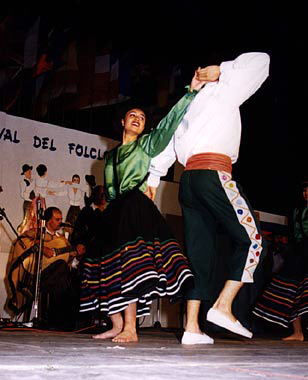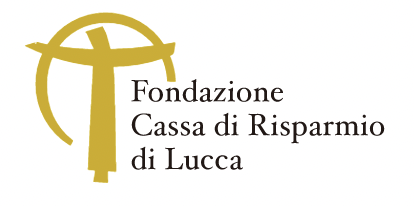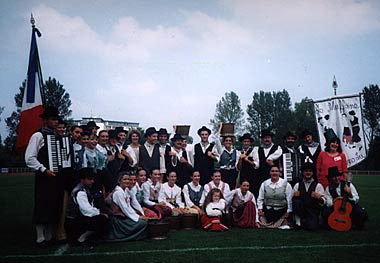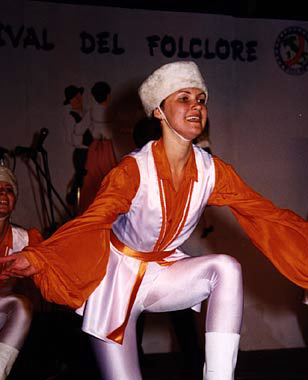
The economy of the Garfagnana, the most mountainous zone in the Province of Lucca, is strongly tied to the relationship between the communities and their mountains. It’s a zone in which popular tradition has been kept alive and much has been done to conserve a patrimony at risk of being lost over the course of the last century due to strong emigration patterns. The international folklore festival which has been going since 1972, is an initiative that associates the recovery and conservation of local traditions as well as those of traditions and cultures from distant nations: confirmation of the fact that a passion for ones own culture does not mean that you are not open to different cultures. Folklore groups from five different continents take part in the festival and in the last week of July, they take turns in performing their music and shows on the stage of the amphitheatre of the town council.
The festival is organised by a folklore group called “Muffrina” of Camporigiano.
Gallery:
Details:
July 24th 2010- GALA with international groups.
at 21,00 Anfiteatro Comunale Camporgiano
July 25th 2004
17,30 S. Anna Fair- Parade of the in the streets of Camporgiano and performances.
21,30 Dance (Anfiteatro Comunale)
July 26th 2004
Performances of some international groups.
21,30 Anfiteatro Comunale
by car: from Lucca SS12 towards Abetone, the ss445 road until Camporgiano
Trains and busses from Lucca
Gruppo Folclorico “La Muffrina” piazza Roma 2 Camporgiano tel 0583 618957- 618806
Marcantoni Ufficio Cultura del Comune di Camporgiano tel 0583 618888
Gruppo Folclorico “La Muffrina”
The first international folklore festival in Camporigiano took place in 1972. It became a yearly event after 1977. The festival is organised by a folklore group called “La Muffrina”which has been active in Camporigiano since 1956 and is affiliated to The Italian Federation for Popular Tradition”. The group proposes a selection of song, music and dance from the peasant culture of the Garfagnana to the public. The “Muffrina’s” repertoire is the fruit of patient research work carried out by the members of the group in this area. Ample documentation was found concerning the epic-lyric genre of song and the sword dances, two components of the “Maggi”, the most famous form of popular local theatre. It has been a few years now that the “Muffrina” have activated collaboration with the schools in the area. This relationship with the schools is very important for both the spreading of a passion among young people for popular culture, and for opening up research possibilities concerning local oral tradition.







